Topics
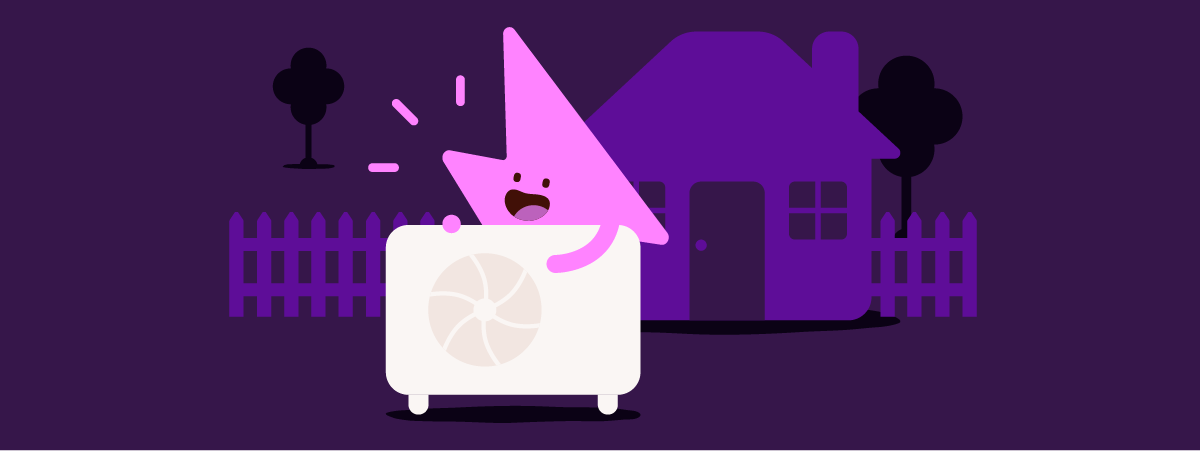
Get your first year’s air source heat pump servicing for free.
Looking for the best air source heat pump deals? Buy an ASHP and get your first year’s service for free (worth £150). No tariff required. All brands included.
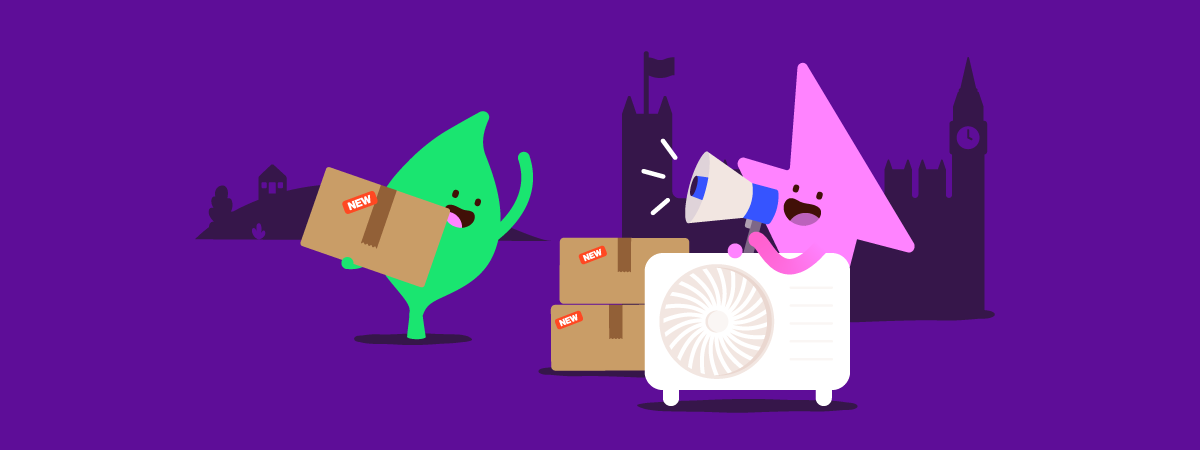
Government policy makes air source heat pumps accessible.
On 21 November, the government announced a number of key policy updates on heat pump funding and planning regulations, which make it easier for people to install their own heat pump without planning permission.
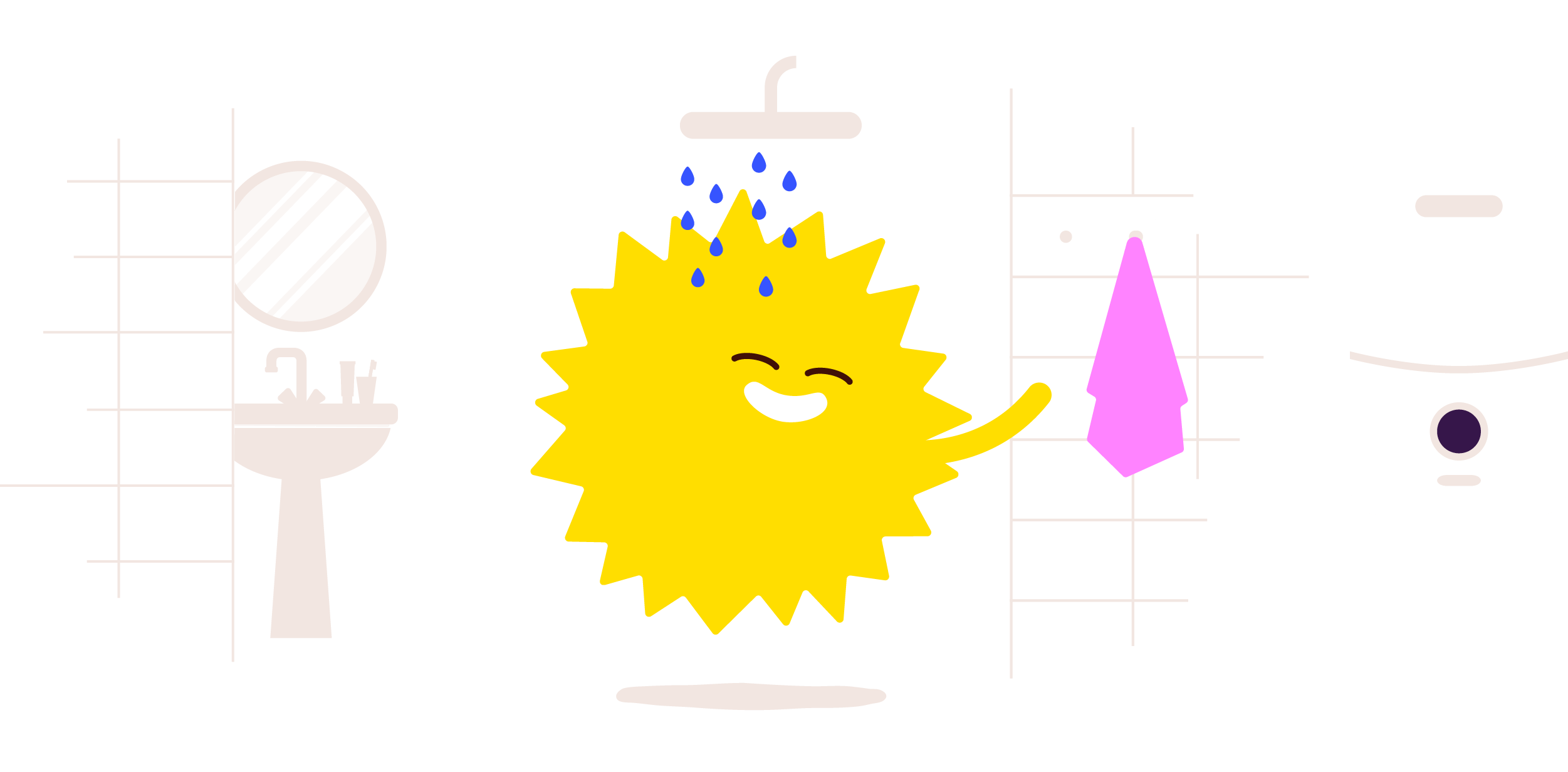
Changes to the Boiler Upgrade Scheme grant could give you access to air-to-air heat pump funding.
The Boiler Upgrade Scheme grant is expanding! Discover how new funding for air-to-air heat pumps could make joint heating and cooling more affordable for your home.
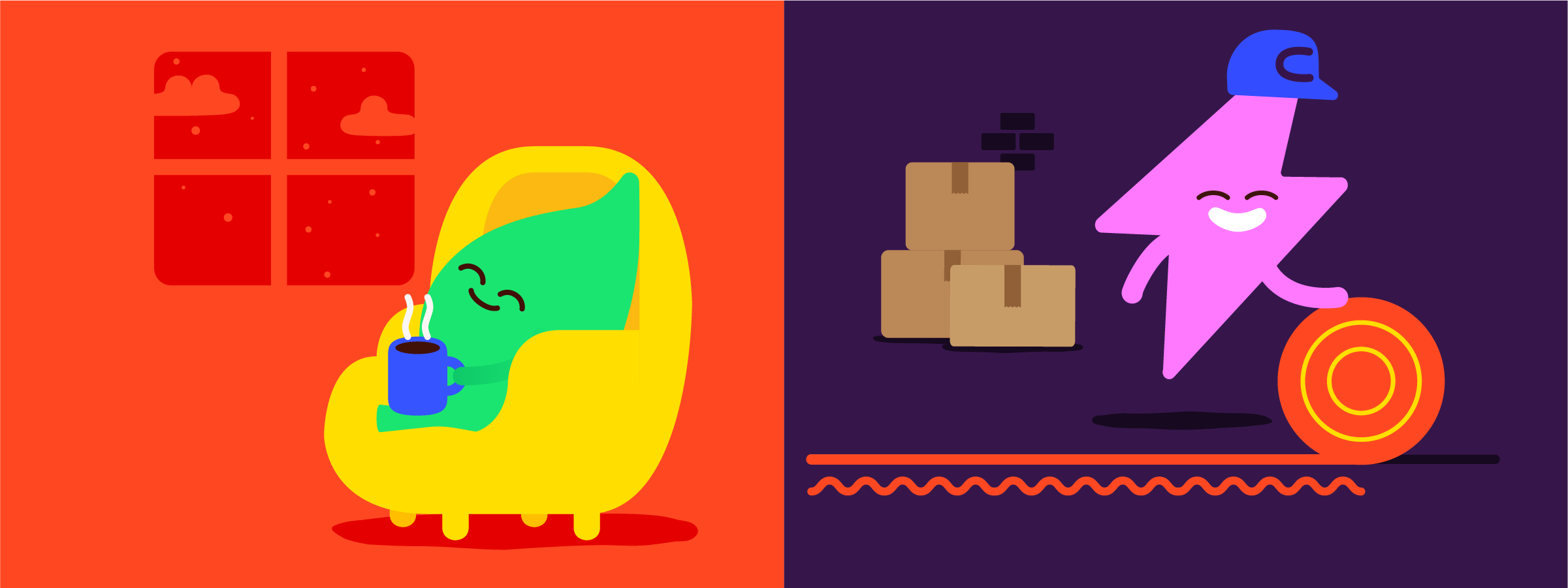
How can pensioners get part funded or free home insulation?
Did you know that over 60s could be eligible for free or discounted loft, cavity wall, or room in roof insulation? Read on to learn more.

Energy prices are rising, should I fix my tariff?
Fixed tariffs are back on the menu at E.ON Next so, are you better off fixing your tariff now or staying on the standard variable tariff, as the prices are rising to £1758 from January 2026?
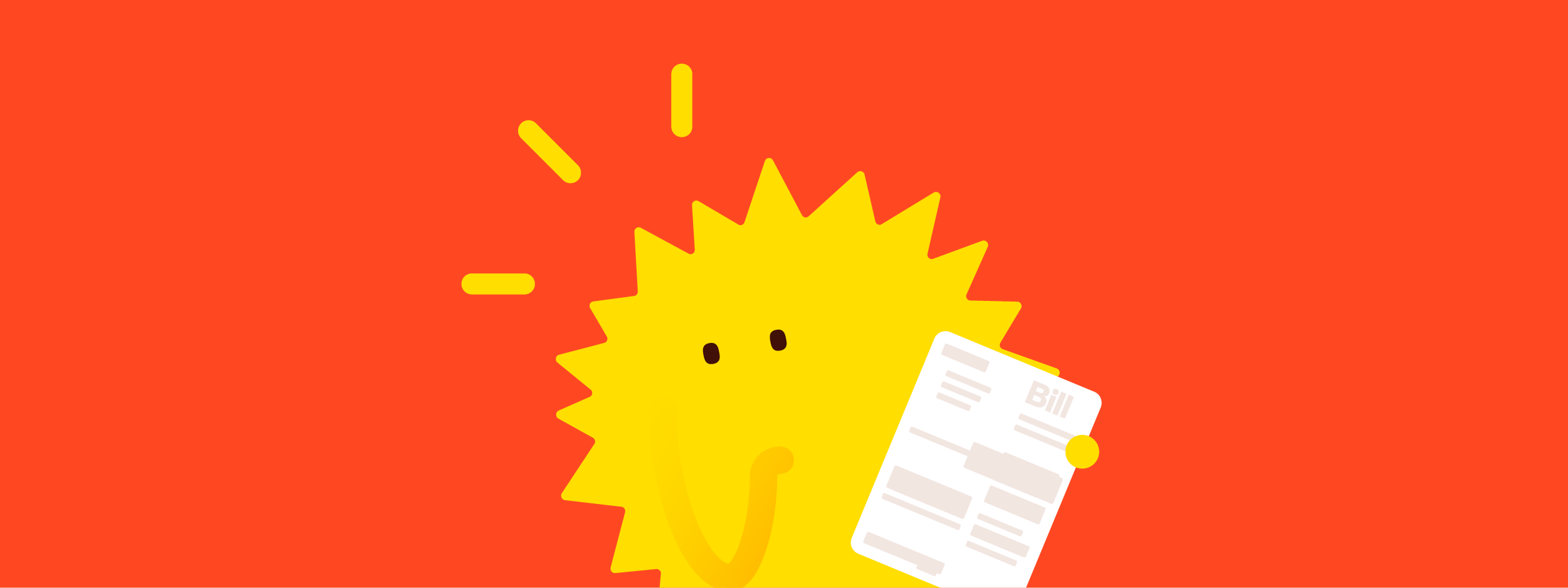
What's happening with your energy bills?
Ofgem has announced that the new price cap will be £1,758 from 1 January 2026. We know this comes at a time when we're all continuing to face a rise in the cost of living.

How to switch off at home and save energy.
How to ‘switch off’ at home helping you to save energy, CO2, and money off your electricity and gas bills.

Find out if you need planning permission to install solar panels.
Our comprehensive guide provides all the details for UK property owners aiming for regulatory compliance.

Energy efficiency equals savings: strategies to lower bills.
Energy efficiency equals savings. Discover strategies, tips and ideas on how to lower energy bills. Save time, save money and save CO2.
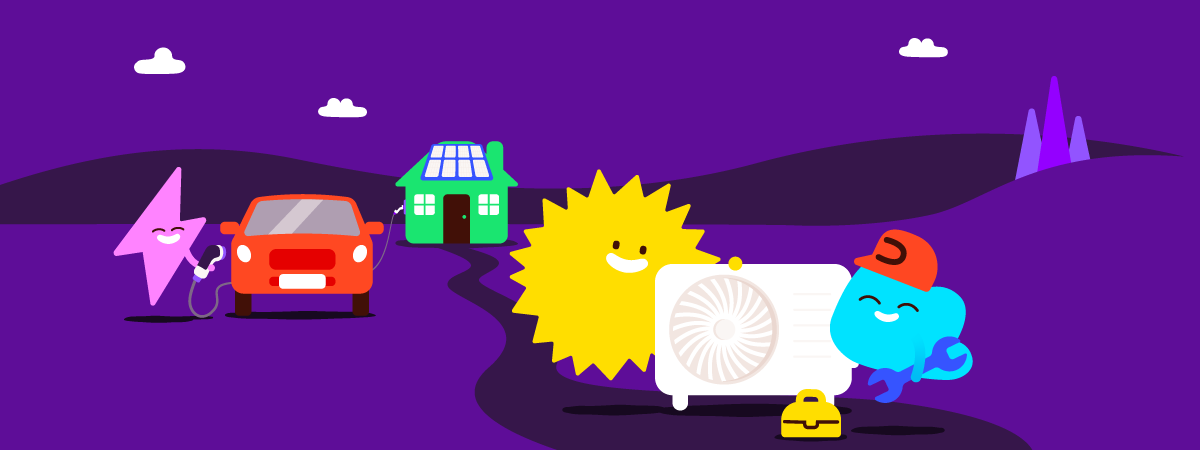
How to transform your property into a modern eco home?
Learn how you can turn your home into a sustainable eco house. Our blog offers insights for families seeking eco-friendly and energy efficient home tech.
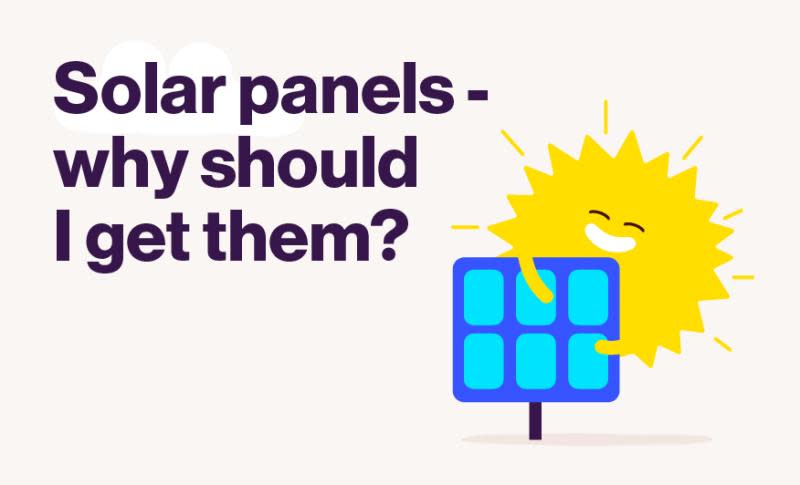
Solar panels for your home: why you should get them.
Solar panels for your home: why you should get them.

What to do when moving into your new home.
Get expert tips on how to make your move into a new home stress-free and organised. Your ultimate guide to a seamless transition.

Winter Support Scheme 2024 to support our most vulnerable customers.
Our team have identified customers who need extra support this winter.

Moving home made easy with E.ON Next.
At E.ON Next we like to keep things simple. So take us with you when you move and you’ll be settled in no time.
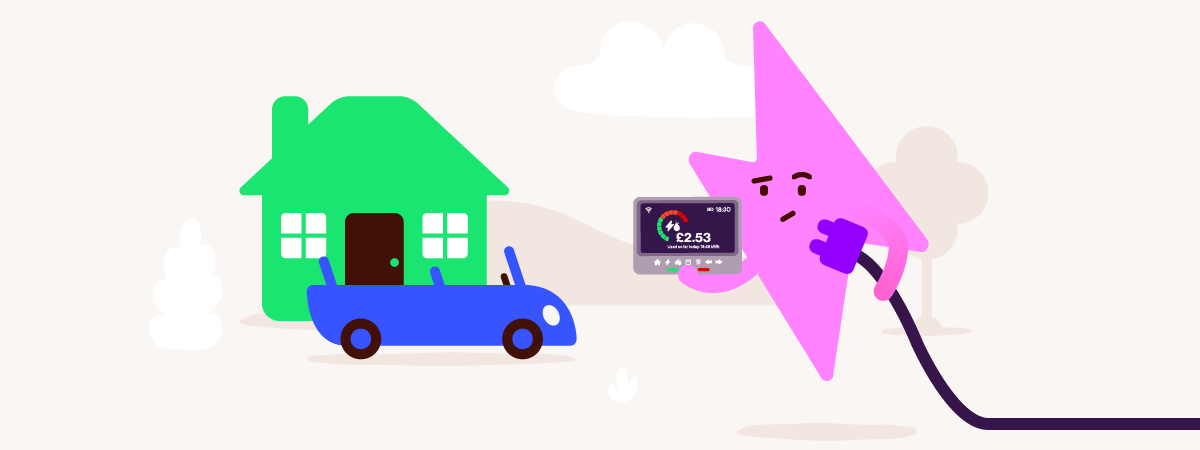
Do I need a smart meter to get an EV tariff?
EV tariffs are designed for EV drivers who charge their vehicles at home. Smart meters are important because they allow for cheaper off-peak charging rates.
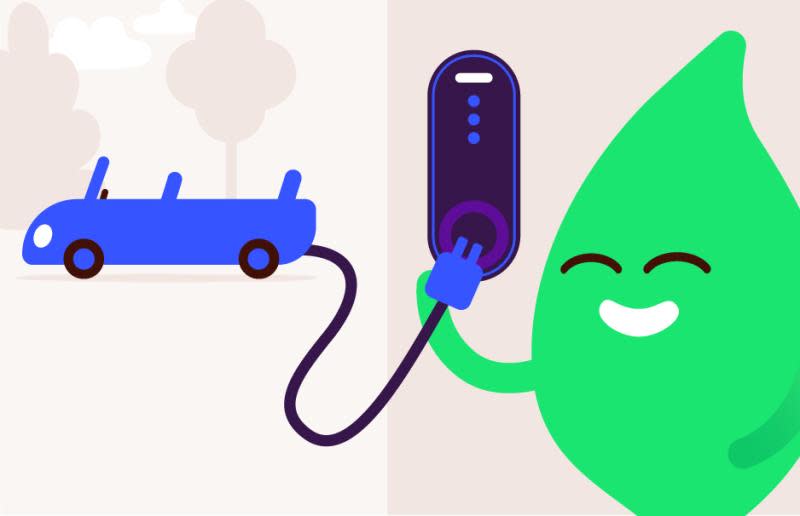
Should I get a home charger for my electric vehicle (EV)?
There’s lots to love about electric vehicles. You can reduce your carbon footprint, have fun driving them, save money on running costs, and charge u...
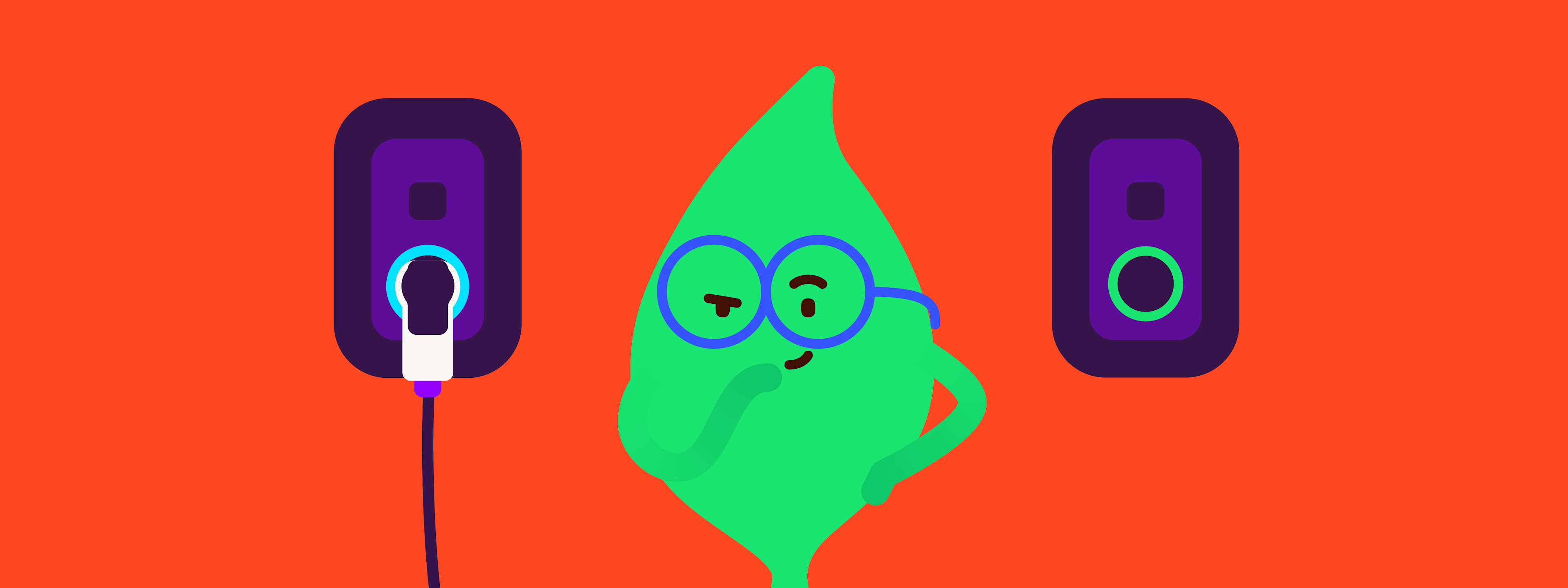
Tethered vs untethered EV home chargers.
Choose the right EV charger for your home. We're here to help with a quick guide to tethered vs untethered home chargers.

5 things you need to know about prepayment meters.
Just moved into a new flat and wondering what that top-up key is for? Let’s get you up to speed with everything you need to know about prepayment me...
of8pages
